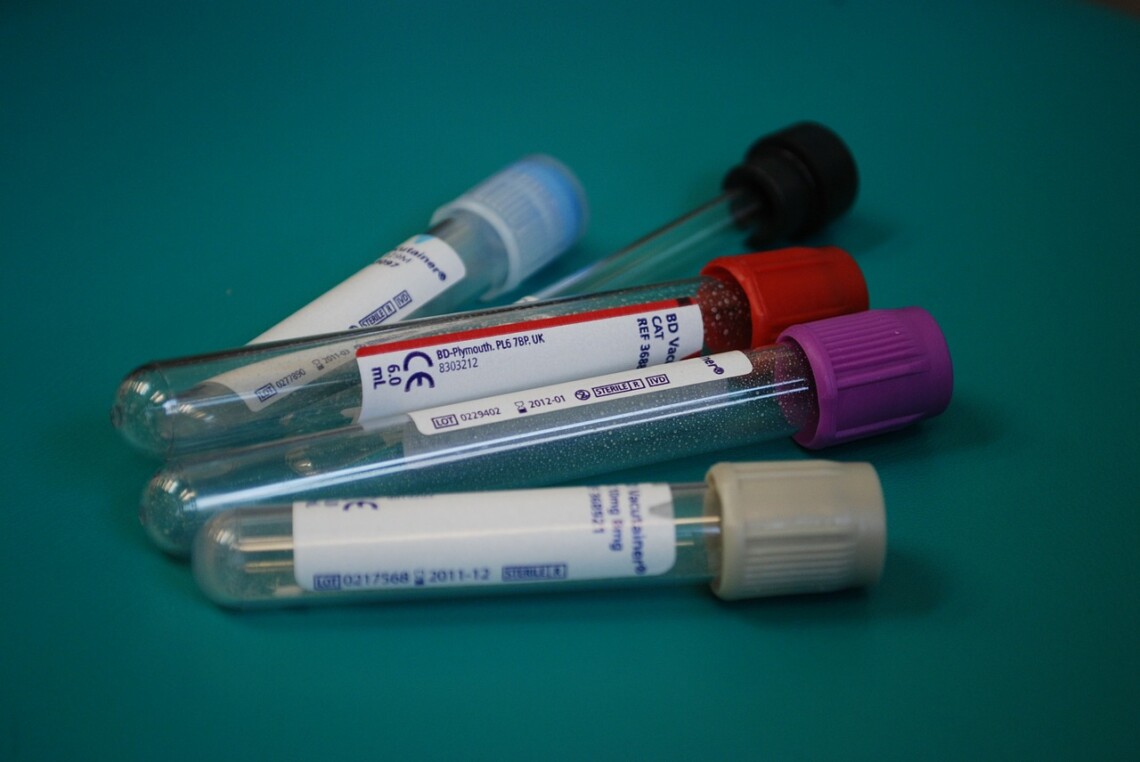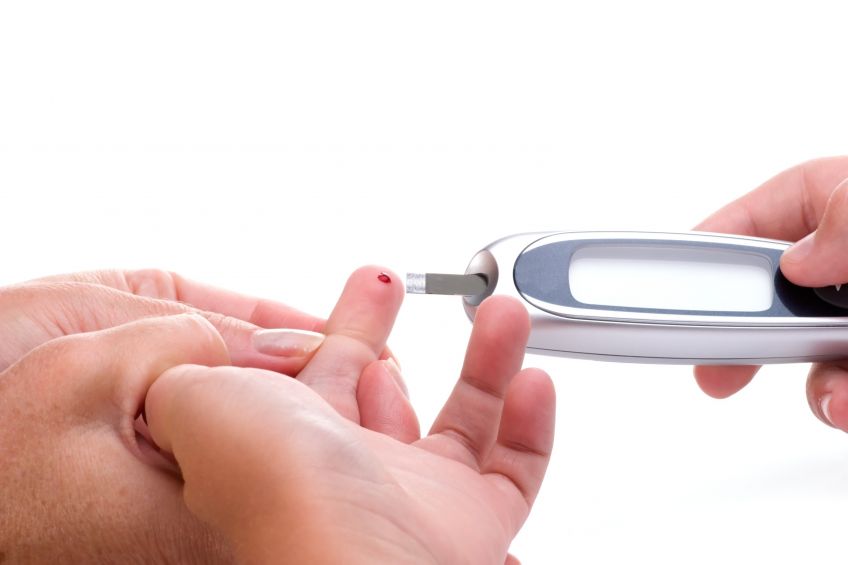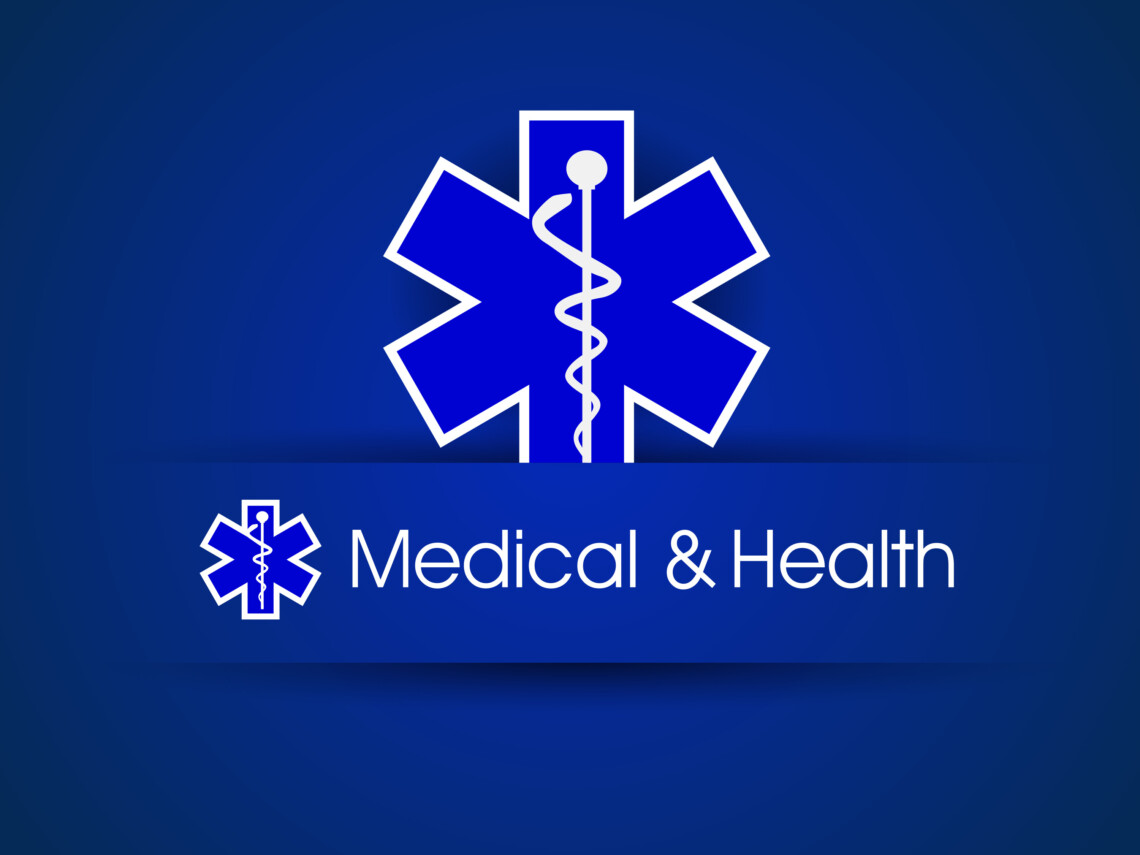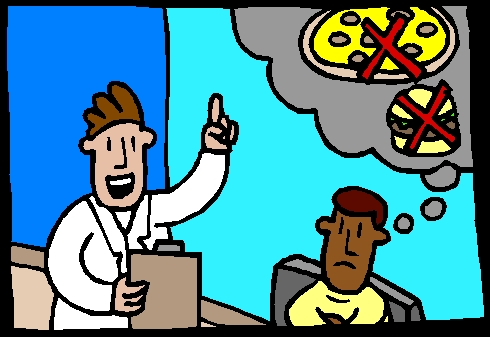What is an oral glucose tolerance test? What does it show? Does an OGTT hurt? What do my test results mean? Learn about the oral glucose tolerance test and why your doctor may order the test for you...
-
-
An oral glucose tolerance test (OGTT) is usually done between the second and third trimester of pregnancy when the greatest amount of insulin resistance occurs. This test measures blood glucose (sugar)Â levels four or five times over a three-hour period. Prior to the test, the woman must not eat or drink…
-
The term "normal" blood sugars applies to a set of standards recommended by the American Diabetes Association (ADA). From time to time these standards have been adjusted to more adequately diagnose diabetes and pre-diabetes... The most recent changes in ADA standards lowered the thresholds for diagnosing diabetes and for diagnosing…
-
I am thin -- do I have to be fat to have prediabetes or insulin resistance? Weight plays an important role as a risk factor for pre-diabetes but you do not have to be overweight to have it. Learn who should be test for pre-diabetes regardless of their weight...
-
A glucose challenge test is given to pregnant women to see if she may have gestational diabetes. The glucose challenge test measures the amount of glucose (sugar) in the mother's blood stream. The woman's body is "challenged" by having the woman drink a glucose solution and...
-
A morning fasting blood glucose test measures blood glucose (also called blood sugar) after you have been fasting over night for at least 8 hours. A blood sample is drawn in the doctor's office or lab in the morning before you eat. This test is done to check to see…
-
A skin tag is a benign (non-cancerous) skin growth that can occur on the body or face. They can be are smooth or wrinkled, skin-colored or just slightly darker than skin color, and vary in size and can grow as large as a big grape.
-
The term euglycemia means normal blood glucose (or, blood sugar). It is also referred to as normoglycemia. See chart of Normal, Pre-Diabetic and Diabetic Blood Sugar Ranges...
-
To move glucose from the blood stream into cells, the body needs to make insulin. If you have pre-diabetes, your body might not make the right amount of insulin, or it may resist the action of insulin (insulin resistance). This can lead to weight gain, unstable blood sugars, and other…
-
Other conditions may cause, be exacerbated, or result from insulin resistance. Â It is important for your doctor to take a complete medical history for you, and for family members as some disorders can be hereditary in nature. Â Be sure to tell your doctor if any family members have autoimmune disorders,…
-
Pre-diabetes is a serious medical condition that can lead to the development of type 2 diabetes. Pre-diabetes can often be reversed, but it does not go away by itself and must be treated through changes in lifestyle, diet and exercise, oral medications, or a combination of all of these things.
-
Here are answers to some of the most frequently asked questions about insulin resistance and pre-diabetes including what it is, what causes it, and if it can be reversed through lifestyle changes and weight loss.
-
Three commonly ordered medical tests for diagnosing pre-diabetes including morning fasting glucose test, oral glucose tolerance test (OGTT), and the glucose challenge test.
-
Pre-diabetes effects insulin production and how the body metabolizes carbohydrates. A person with pre-diabetes may gain weight easily if they are insulin resistant, especially if they eat a high-carb diet. Learn more about what pre-diabetes is and how to treat it...
-
Product recalls, warnings and changes in testing site instructions happen a lot in the diabetes product world. Recent product warnings have been released for meters made by Abbot (including their Freestyle meters), as well as for some AccuChek meters. In December of 2010, 359 million blood glucose test strips were…








